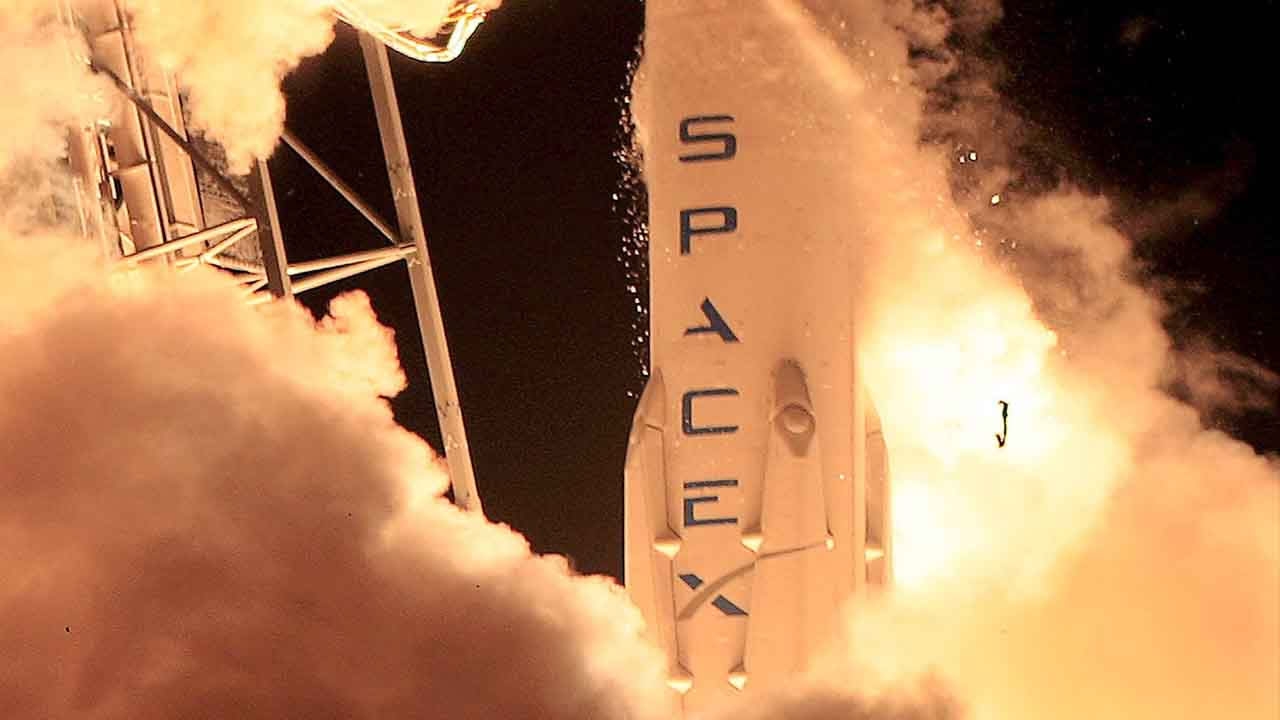
Tech & Sci
22:38, 02-Jul-2017
SpaceX's bigger plan after recovering from previous launch failures

SpaceX is a private company spearheaded by Tesla CEO Elon Musk. After last year's disastrous launch of its Falcon 9 rocket in Florida, many wondered if Space X could forge ahead.
Last January, the company answered that question with a dramatic comeback, when the launch of Space X's Falcon 9 rocket from the Vandenberg Air Force base in California was in stark contrast with a similar attempt four months earlier when a rocket carrying a Facebook satellite ended in disaster.
A probe found the cause of the blast was a failed pressure vessel in a liquid oxygen tank.
Falcon 9 has successfully delivered 10 commercial satellites for the voice and data company Iridium. Space X is contracted to launch at least 60 more Iridium satellites by 2018.
Adding to the mission's success was the return and clean landing of the Falcon 9 rocket to a drone ship off the coast of California. This was a giant win for Space X, which according to a recent Wall Street Journal report, experienced 260 million US dollars in losses in 2015 after a rocket bound for the international space station exploded.
But CEO Elon Musk is determined to forge ahead and colonize Mars. However, Space X is not the only player in the Mars game.
China, which is aggressively building its space program, plans to launch a mission to the red planet by 2020.

SITEMAP
Copyright © 2018 CGTN. Beijing ICP prepared NO.16065310-3
Copyright © 2018 CGTN. Beijing ICP prepared NO.16065310-3